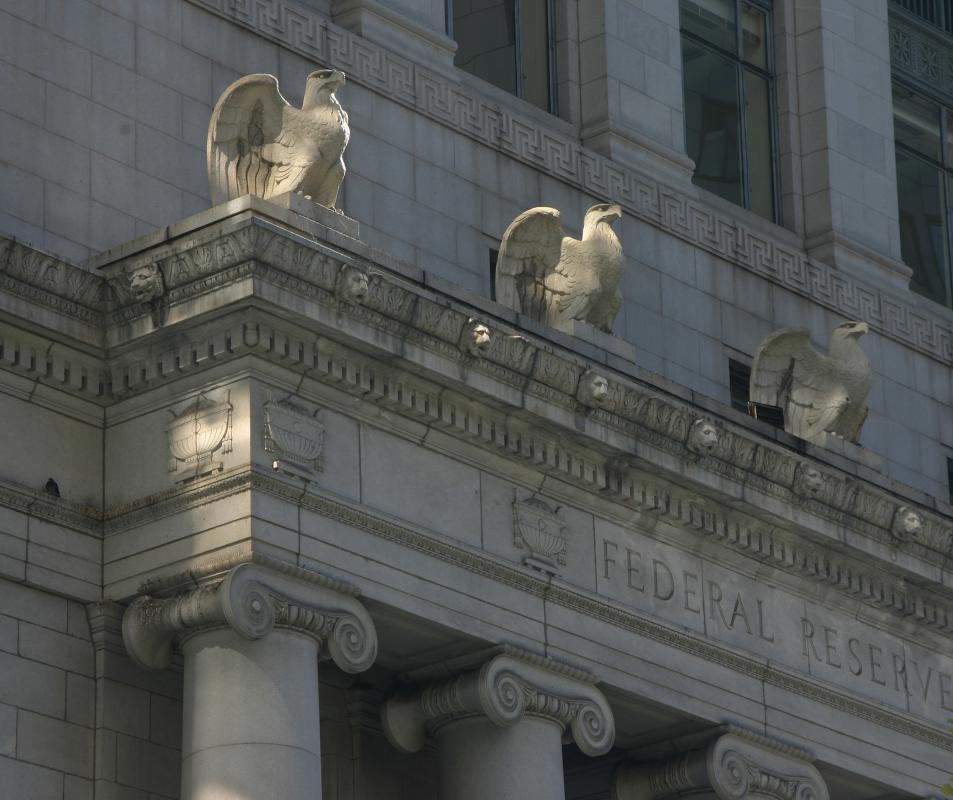At SmartCapitalMind, we're committed to delivering accurate, trustworthy information. Our expert-authored content is rigorously fact-checked and sourced from credible authorities. Discover how we uphold the highest standards in providing you with reliable knowledge.
What are Excess Reserves?
Excess reserves are reserves kept by a financial institution which exceed the reserve standards set forth by regulatory agencies. There are a number of different reasons for financial institutions to accumulate excess reserves, and they can be handled in different ways, depending on the economic climate and the needs of the individual institution. Even with excess reserves, it's important to note that the reserves of a financial institution only comprise a fraction of the funds the institution officially has on deposit.
In many nations, regulatory agencies set required reserve ratios which must be met by banks. The bank can increase reserves by hanging on to cash and assets such as gold, and it can release reserves by lending and transferring them. For banks, maintaining reserves is a delicate balance, because they usually don't receive income from excess reserves, and therefore they want to avoid building up too much excess.

Having excess reserves can improve an institution's credit rating, as it makes it appear more financially secure. In the event of a bank run, for example, the bank might be able to meet the needs of depositors who want to withdraw funds. This can also make the bank a more appealing investment to people who are interested in investing, as higher credit ratings increase the chance of favorable returns.

On the other hand, a buildup of excess reserves can have an inflationary effect on the economy, which is not desirable. In addition, regulatory agencies which pay interest on reserves as an additional incentive to maintain reserves do not pay interest on excess reserves, so the money is literally sitting in a bank vault doing nothing. Having reserves which exceed the reserve amount, in other words, may not be sound fiscal policy for a bank, unless it is maintaining a temporary excess for reasons of its own.
Banks are not barred from having excess reserves, and in fact sometimes they are encouraged to build up their reserves above the minimum. When banks opt to release their excess reserves, they must do so with care to avoid causing instability. It is also important for the bank to determine how and where reserves are going to be released, a decision which may involve input from multiple bank branches in the case of a chain bank. Branches can also opt to transfer reserves between each other to meet varying needs; for example, banks in a town where a major festival event is happening might want more cash on hand than usual because they assume that visitors will be visiting the automatic teller machine for cash and that stores will need more cash in the drawers to make change.
AS FEATURED ON:
AS FEATURED ON:












Discuss this Article
Post your comments